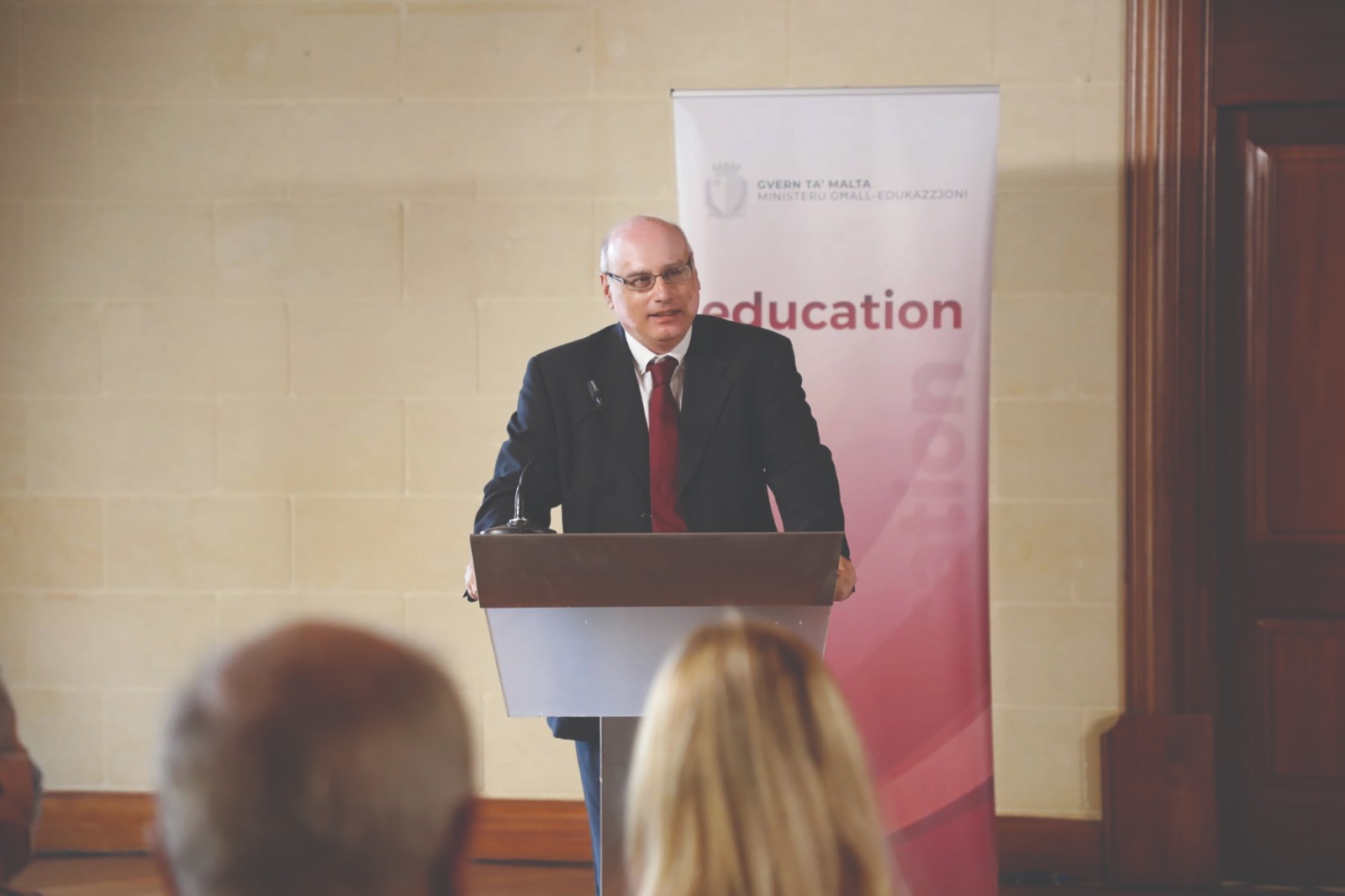According to the National Statistics Office’s census of population and housing 2021, in 2020, the latest year for which the NSO has data, 14,822 people immigrated to Malta, with more than half of these originating from outside the European Union, referred to as Third-Country Nationals (TCNs). While these 12 months are not fully representative of previous rates of movement – due to the impact of the COVID-19 pandemic – the Office underscored the fact that more than three times the number of people landed on our shores, to settle on the island permanently, than they had just nine years previously, in 2011.
“The increasing presence of foreign workers in our economy was expected given the rate of economic growth experienced in the last nine or 10 years,” economist Prof. Philip von Brockdorff explains, saying that these arrivals are, in fact, “a reflection of how our economy has grown, with the GDP doubling over the last 10 years. The labour market had to respond to this growth, but the supply of Maltese workers was clearly insufficient to meet demand, and this explains why we are now so dependent on foreign workers, especially TCNs, most of whom earn less than the median income,” he says.
Without the boost accorded to the labour market because of these arrivals, “economic growth would have been stifled given that our economy is so reliant on sectors such as tourism, social care and other services,” the economist continues. Indeed, Government has also been able to increase revenues, in tandem with the increase in tax and social security contributions, allowing for an increased expenditure in the areas of health and education, Prof. Brockdorff asserts.
The resulting societal, political and economic shifts, however, did not come without their challenges. The influx of foreign workers has “delayed economic restructuring, with the economy still heavily reliant on sectors with low value added and productivity,” he attests. “Also, it is very evident that Malta’s infrastructure – from its airport to its roads – is under strain from the sheer weight of numbers. Coping with increasing numbers needs to be managed, and this will require massive investment at some stage.”
Looking ahead, Prof. von Brockdorff believes the island needs to “re-think our economic growth model given our EU commitments on sustainable economic growth, the European Green Deal and the transition towards a greener economy, as well as the change towards a more digital economy. This transition will no doubt require economic restructuring with more emphasis on more value added and productive jobs.”
This, however, will not be an easy task. “The transition will require bold and creative decisions. Whereas reliance on foreign workers will remain, increasingly the jobs filled by foreign workers will be more specialised and technical. That would be largely positive for the economy. As for the number of foreign workers, I do not expect the numbers to fall unless there is a substantial slowdown in our economy. However, our economy’s resilience to economic shocks has been quite impressive, and that should serve us well as we transit towards a more sustainable economic growth model.”
These comments were first carried in a feature on Business Now 2023, the sister print brand to BusinessNow.mt, both produced by Content House Group
Two years since its birth, Moneybase features on Microsoft’s Customer Stories
Moneybase has now just been featured on Microsoft’s latest Customer Stories
Finance Minister confirms continuity of food and energy subsidies
Spending on food and energy subsidies as a percentage of the GDP will be at 0.7% in 2025
MHRA congratulates Glenn Micallef on EU role, highlights positive impact on Malta’s tourism and cultural sectors
The lobby group emphasised that Malta’s cultural assets and sports scene are key factors in attracting visitors and fostering economic ...






